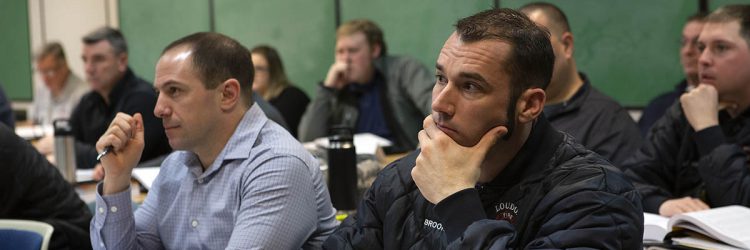Medical Neurological Emergencies (Concord)
Richard M. Flynn Training Facility 98 Smokey Bear Blvd, Concord, NH, United StatesThis course is an all-level review of neurological emergencies with a heavy focus on medical simulation. Participants of this program will be provided with opportunities to simulate various neurological emergencies in an out-of-hospital scenario. Participants will be expected to provide hands-on care for the simulated patient and work as part of a novel rescue team.



